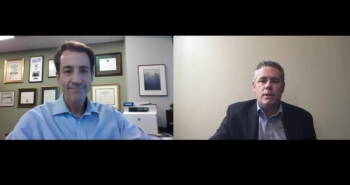
Within NIH is the National Center for Advancing Translational Sciences (NCATS) and they will oversee the grant awards. Christopher Austin, MD, director, NCATS, discusses the specifics of the 2 trials being expanded.

Within NIH is the National Center for Advancing Translational Sciences (NCATS) and they will oversee the grant awards. Christopher Austin, MD, director, NCATS, discusses the specifics of the 2 trials being expanded.
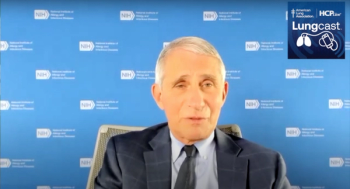
Fauci also shares suggestions for college campus to mitigate community-based spread while classes continue.
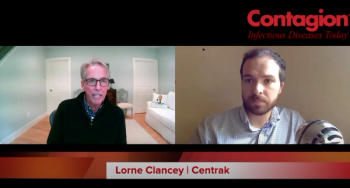
A discussion with an expert on the particularities of the vaccines, which vary in temperature climate requirements and dosages.
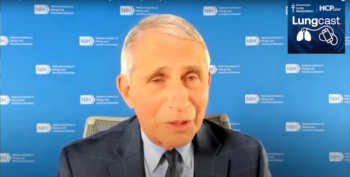
Why the AstraZeneca & Oxford University trial's pause due to an adverse event was a sign to Fauci the vaccine monitoring systems are working.
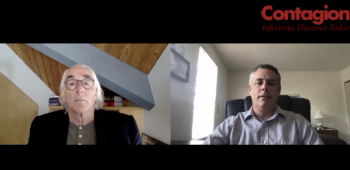
Aethlon Medical is developing its proprietary Hemopurifier, which is a therapeutic device designed for the single use depletion of circulating viruses.
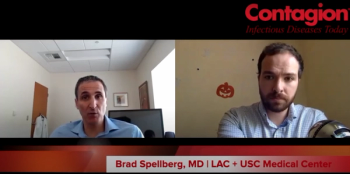
Brad Spellberg, MD, emphasizes his belief the Affordable Care Act needs to be retained so as long as the pandemic persists.
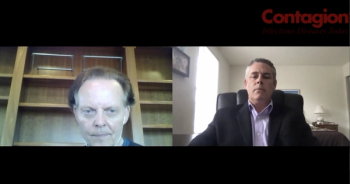
Principal investigator Richard Becker, MD, director of the University of Cincinnati Heart, Lung and Vascular Institute discusses the phase 2 clinical trial for razuprotafib.
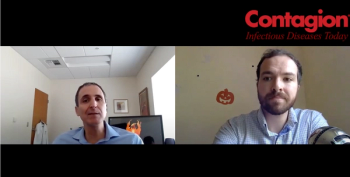
The country is split on certain strategies and a potential vaccine. Here's why the message needs to go from national to regional.
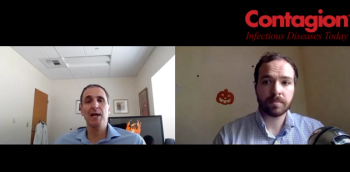
Brad Spellberg, MD, describes the inconsistent, impersonal messaging given to the public as cases begin to rise again.
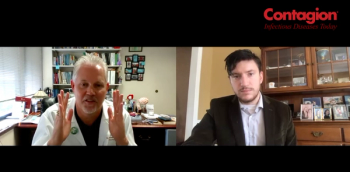
Dr. Rodney E. Rohde, clinical laboratory scientist, discusses campus reopening as well as his work on rabies eradication.
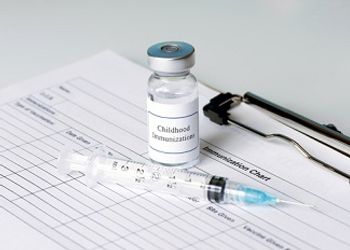
Is it still safe to take your child to get a vaccine during the pandemic? According to experts, there are safety measures in place for this critically important task.
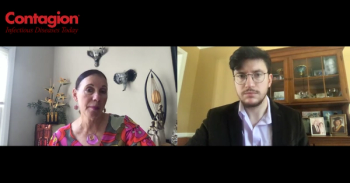
Dr. Debra Goff describes the rush to "Just in Case" prescribing of antibiotics early in the COVID-19 pandemic, when less was known about the clinical course of the disease.
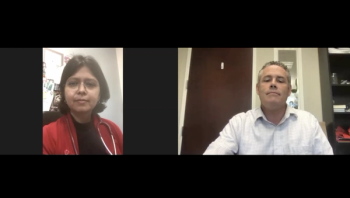
A pediatric cardiologist discusses the specifics of a case study, the importance of adaptability, and how her healthcare system has developed treatment protocols in these cases.
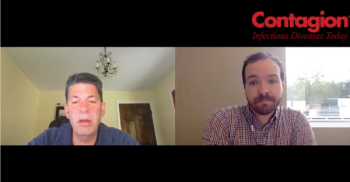
What the AstraZeneca vaccine research pause meant for physician-patient discussion on vaccine candidate safety.

A health data analytics expert describes how repeat or low-value studies can arise amid the rush to publish pandemic research.
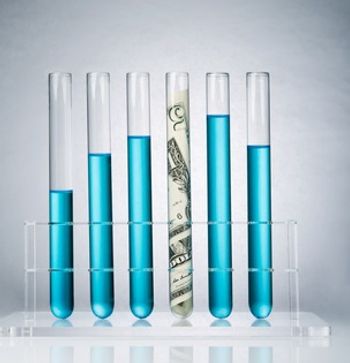
MediFind's Patrick Howie examines the consolidation of resources during pandemics amid concerns that funding will not return to other areas of health research.
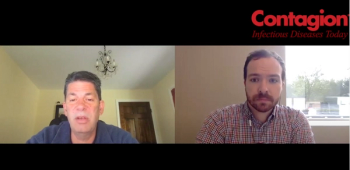
What we've seen non-immunized communities do for previously eradicated outbreaks.
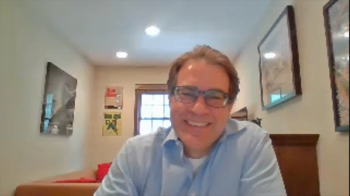
Incredible resources and effort have been put into the COVID-19 response, but other infectious disease priorities have also been displaced. Patrick Howie, CEO of a firm which aggregates clinical analysis and data, explains.
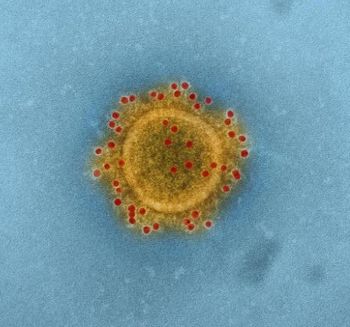
University of Maryland professor of medical technology answers where limited testing resources ought to be directed given pandemic supply issues.
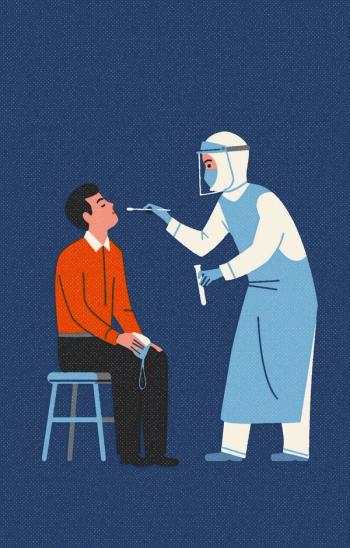
University of Maryland professor of medical technology explains the ways speed and accuracy are weighed when testing is deployed to detect COVID-19.
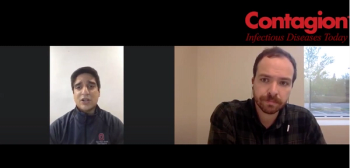
A discussion with an Ohio State investigator on early CMR findings among young athletes.
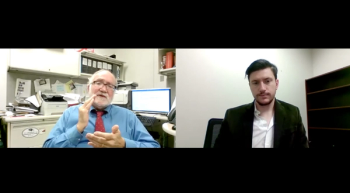
Robert H. Christenson, PhD, University of Maryland, outlines the incentives for how SARS-CoV-2 testing reagents are acquired by institutions.
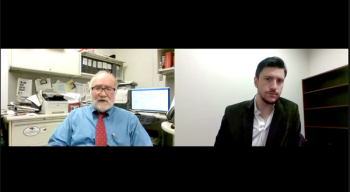
Robert H. Christenson, PhD, outlines the ways SARS-CoV-2 transmission is prevented during testing, how testing materials are acquired, and more.
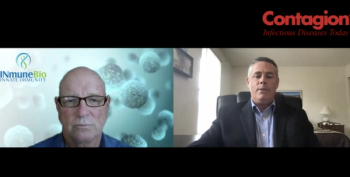
A clinical-stage immunology company has an investigational therapy looking to target the tumor necrosis factor cytokine.
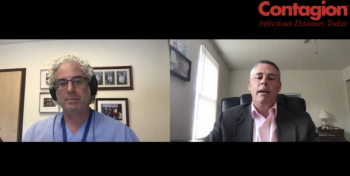
An examination of a patient presenting with the condition in the early days of the pandemic without the access to current care protocols.
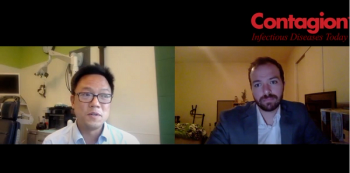
At a time when schools and college campuses have reopened, an expert discusses adolescents' trends in spreading COVID-19 more easily, and the lack of testing available to them.
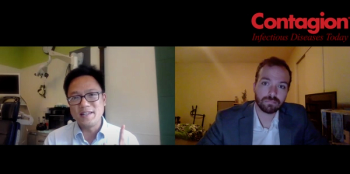
How children and adolescents contract, spread, and suffer through the virus differently than other age groups.
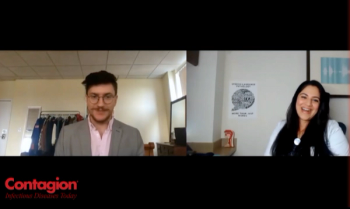
Rinki Varindani Desai shares some of the challenges COVID-19 patients with lung injury have faced with Medicare after leaving the hospital.
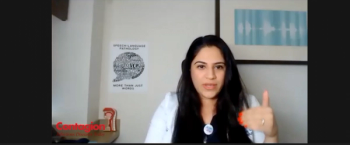
Dysphagia specialist Rinki Varindani Desai shares her perspective on how COVID-19 has impacted her work and patients.
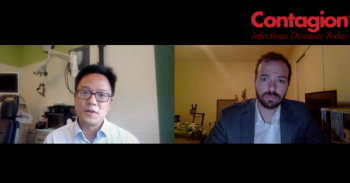
A team at UCSF has created a model which estimates how many pediatric cases are going unnoticed in any US county at any time.